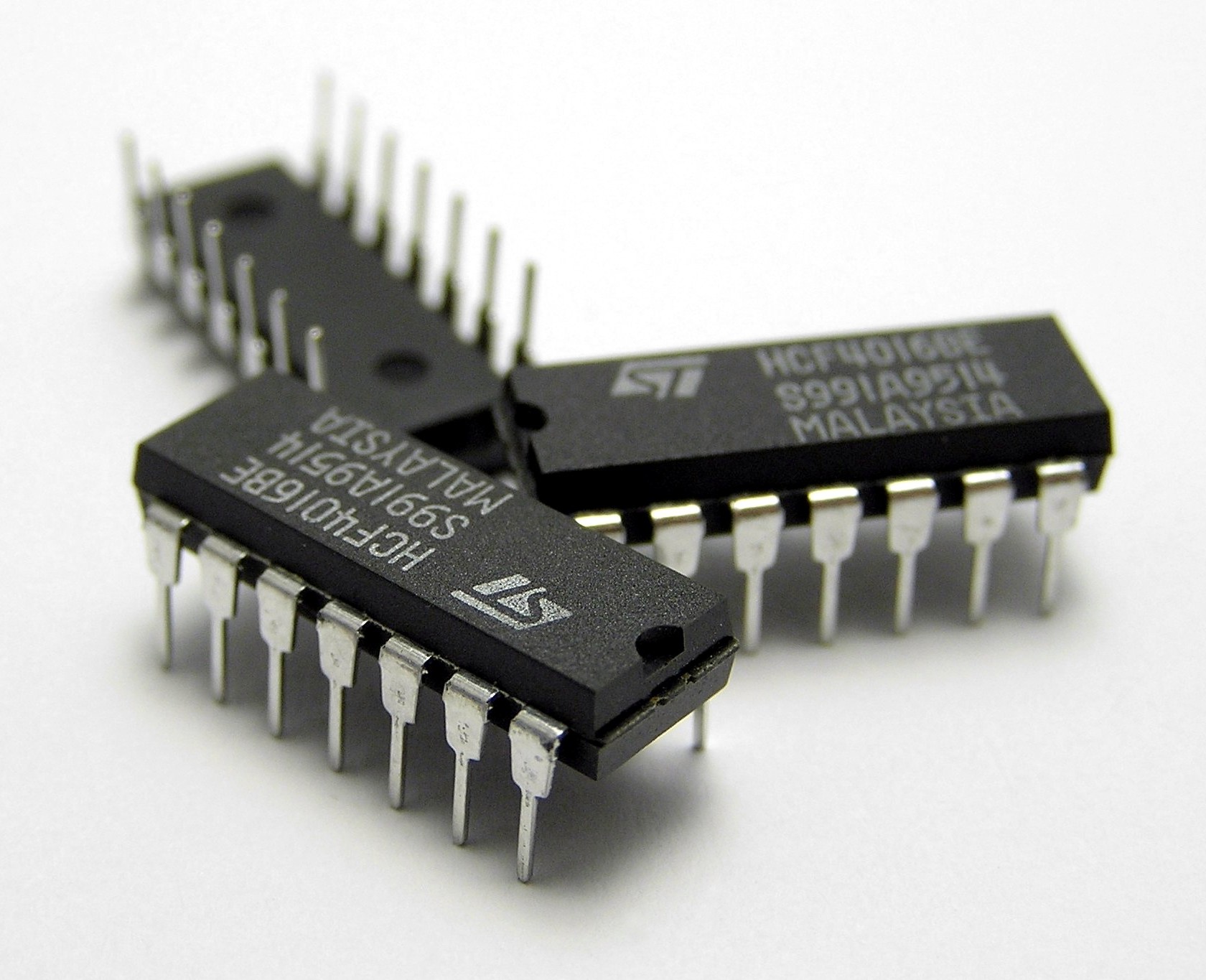Within the intricate landscape of electronic components, thermistors stand as guardians of temperature regulation and precision. This article aims to unravel the profound role that thermistors play in electronic circuits, exploring their functionality, applications, and significance in ensuring optimal performance in a variety of devices.
- Understanding the Thermistor:
- A thermistor, short for thermal resistor, is a type of temperature-sensitive resistor. Its resistance varies significantly with changes in temperature, making it a crucial component for applications where precise temperature monitoring and control are essential.
- Temperature Sensing Mechanism:
- Thermistors operate on the principle that the resistance of certain materials changes predictably with temperature. There are two main types: Positive Temperature Coefficient (PTC) thermistors, where resistance increases with temperature, and Negative Temperature Coefficient (NTC) thermistors, where resistance decreases with temperature.
- Temperature Compensation:
- In electronic circuits, thermistors are often employed for temperature compensation. They can offset changes in circuit characteristics due to temperature variations, ensuring stability and accuracy in performance.
- Precision in Temperature Measurement:
- Thermistors provide high sensitivity to temperature changes, offering a level of precision that is invaluable in applications such as medical devices, industrial equipment, and environmental monitoring systems.
- Applications in Temperature Control Systems:
- Thermistors are integral components in temperature control systems. They play a vital role in devices like thermostats, ensuring that the temperature remains within a specified range by regulating the heating or cooling elements.
- Inrush Current Limiters:
- NTC thermistors are commonly used as inrush current limiters in power supply circuits. Their resistance decreases rapidly as they heat up during power-on, effectively limiting the initial surge of current to protect components like capacitors and extend the lifespan of the circuit.
- Medical Applications:
- In medical devices, thermistors contribute to precision temperature monitoring. From fever detection in thermometers to temperature-sensitive medical equipment, thermistors play a critical role in maintaining accuracy.
- Automotive Temperature Control:
- Thermistors find extensive use in automotive applications for temperature control in engines, climate control systems, and battery management. Their ability to respond quickly to temperature changes ensures optimal performance and efficiency.
- Fault Detection and Temperature Alarms:
- Thermistors are employed in fault detection systems and temperature alarms. Their responsiveness allows for timely identification of abnormal temperature conditions, preventing potential damage to electronic components.
Conclusion:
In the realm of electronic components, thermistors emerge as unsung heroes, providing precision and stability to circuits where temperature control is paramount. Beyond Degrees serves as a guide for engineers and enthusiasts, shedding light on the multifaceted role of thermistors in electronic circuits. From temperature compensation to inrush current limiting, these thermal resistors ensure that electronic devices operate with the utmost accuracy and reliability in the face of varying temperatures.


